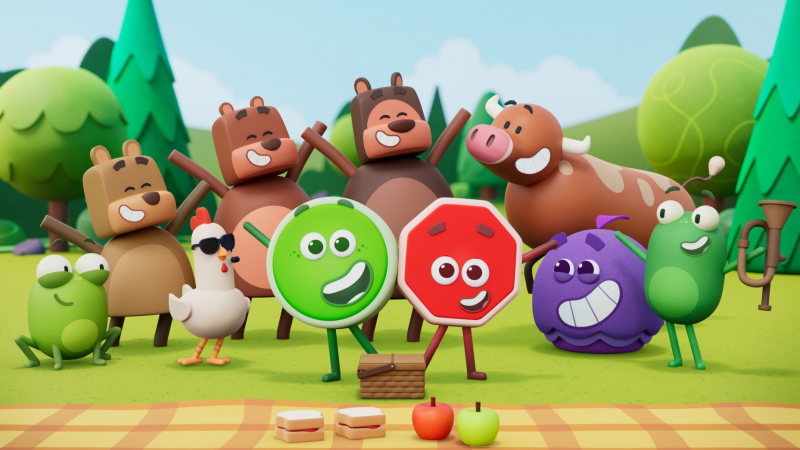Parents urged to protect kids online with record-high offences
Health & Well-being 817
Added by:
Shropshire Mums on Fri Apr 21 10:44 2023
With cyber offences at a record high, parents have been urged to take extra precautions to keep their children safe on social media this summer.
Social media is fuelling an unprecedented scale of online crimes, so photography experts at ParrotPrint.com have offered advice on how parents can protect their children online.
The past year has seen a surge of cyber offences against children in the UK, with 30,000 reports recorded by police. This is a 66% increase from figures just five years ago.

Image credit:Shutterstock
In 2021-22 alone, there were almost 10,000 cases where social media sites like Snapchat, Facebook and Instagram were used to distribute illegal images.
Shockingly, the NSPCC say there are likely to be more than 3,500 online crimes taking place against children every month.
As well as an increasing number of young people being manipulated into sharing images, tech companies are failing to stop their sites from being used by criminals.
Improving privacy settings and teaching kids how to be safe online are just some steps parents can take to protect their children.
“Although most social networking sites only allow users aged 13 and over, children get their phones earlier nowadays and can easily hide what they are doing from their parents.
“Unfortunately all of us are open to be contacted and manipulated by people we don’t know online and it is important that as parents we alert our children to potential dangers.
“Parents should also be mindful of what they post online of their children because they could unknowingly put their kids at risk .
“Innocent family photos of children in everyday life posted to social media can be used by criminals, which is why privacy settings are so important.
“There is a fine line between a parent's freedom to post on social media and a child's right to privacy, so parents should be just as cautious of what they are posing of their kids online.”
1. Privacy is paramount
Any social media account has information readily accessible to anyone who wants to see it, so children and parents should have secure privacy settings. Privacy settings should be changed so only friends can view photos and posts. This change will also stop unsolicited messages from users, not on a friends list.
2. Never post personal information
Often, children can be reached through their parent's social media accounts. Adults should consider everything they post online about themselves and their kids and make no personal information is included on their profiles. It is also important to tell children not to share private information online, like where they live, play, go to school or their age.
3. Think long and hard before posting a photo.
Pictures can reveal a lot about someone's identity, for example, their family status, age and where they live. No matter how innocent, crimials can use social media to steal photos of children and even track down where they live. The perfect protection is to post nothing of children until they are old enough to consent.
4. Teach children the signs of an online predator.
Most kids know the strange danger in real life, but parents should explain that this concept also translates online. Let children know that there are bad people online who can harm them. Talking to our kids about online safety will help them navigate and report any inappropriate content or conversations. Discussing online red flags, such as a ‘friend’ that tells them to keep the relationship secret, is essential.
5. Limit screen time
With so many apps and devices, kids rely on screens for entertainment. However, children need to have fulfilled lives away from computers, so ensuring they socialise and enjoy real-life activities and hobbies will ultimately ensure they spend less time on the internet. Explain to children how always being in front of a screen can be harmful, and set clear boundaries that the whole family follows.
6. Monitor kids online
Parents must keep tabs on their children's social media accounts if they use them unsupervised. Check their friend lists and the type of content they are posting, and let them know you will monitor them. This way, if any inappropriate online behaviour, or information which should not be shared, is spotted, parents can speak to their children about the dangers and educate them.
7. Use Parental Controls
Parental controls allow parents to stay one step ahead of social media predators by providing features which, for example, can block specific sites and apps, enable parents to monitor history and have an on-demand view of children's screens. This will offer peace of mind to parents and make children think more carefully about what they are doing online.




























